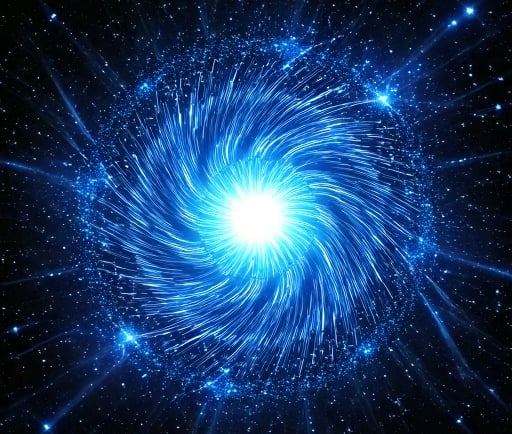The Rhythm of Pulsars and the Formation of Black Holes
SPACE


Understanding Pulsars
Pulsars, fascinating celestial bodies, are a type of neutron star that emit beams of electromagnetic radiation out of their magnetic poles. These extraordinary objects are born from the remnants of massive stars that have undergone supernova explosions. The rapid rotation and intense magnetic fields of pulsars create a regular pulsing effect, observable from Earth. Understanding these cosmic phenomena is crucial, as they can provide insights into the more complex mechanisms of the universe, including the formation of black holes.
The Process of Black Hole Formation
During the life cycle of a massive star, when it exhausts its nuclear fuel, it collapses under its own gravity. In certain conditions, this collapse leads to the creation of a neutron star. However, if the original mass is great enough, the remnants of the star may continue collapsing until a black hole is formed. The relationship between pulsars and black holes lies within the parameters of stellar evolution and the conditions that lead to such incredible objects.
The Link Between Pulsars and Black Holes
Pulsars serve as markers for our understanding of black holes. Some pulsars are found in binary systems, where the pulsar orbits a companion star. In these systems, matter can be transferred from the companion star to the pulsar. Eventually, under certain circumstances, this interplay can shed light on how matter accumulates around a black hole's event horizon, further aiding our comprehension of the black hole formation process.
Many astrophysicists study the environments surrounding pulsars. The intense gravitational forces prevalent in these regions can either prevent or facilitate the formation of a black hole, depending on the mass and spin of the pulsar. Furthermore, pulsars can emit X-rays and gamma radiation, which function as crucial signals for identifying black hole formation events.
In conclusion, the intricate relationship between pulsars and black holes plays a significant role in our understanding of the universe. By investigating pulsars, scientists can unravel the mysteries of stellar evolution and black hole creation. These discoveries not only enhance our knowledge of cosmic phenomena but also lead to potential new insights into the nature of gravity and the fundamental forces that govern the universe.
